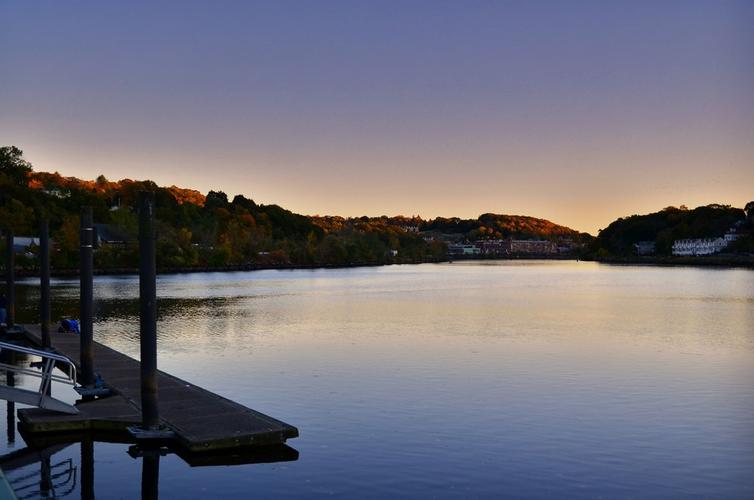Rituals are integral parts of human societies. From ancient civilizations to modern times, people have developed various rituals to mark important events and transitions in their lives. A ritual may be defined as a symbolic act that carries a meaning beyond itself and is performed in a specific manner. In this brief history of rituals, we will explore the changes and continuities in the practice of rituals across time and cultures.
Ancient Traditions:
Rituals were central to the lives of ancient civilizations such as the Egyptians, Babylonians, Greeks, and Romans. In these societies, rituals were often used to appease the gods, ensure human fertility and prosperity, and mark important events such as births, deaths, and marriages. These rituals often involved the performance of sacrifices, libations, and offerings.
Many of these traditions still exist today, albeit in modified or evolved forms. For example, the Christian sacrament of Holy Communion is in some ways similar to the ancient Greek practice of eating sacred food in order to unite with the divine.
Medieval Rituals:
During the Middle Ages, rituals continued to play important roles in both religious and secular spheres. Christianity became the dominant religion in Europe, and its rituals focused on the worship of one God, rather than appeasing many gods as in pre-Christian times. The Church developed a highly elaborate system of ritual, including the sacraments, liturgy, and music. Rituals in the secular world were often related to the various orders of chivalry and the courtly love tradition.
Modern Practices:
With the onset of the modern era, many traditional practices and rituals were challenged or replaced by new political, social, and religious movements. The Protestant Reformation and the Scientific Revolution both challenged the authority of the church, and new religious movements emerged such as the Quakers and the Methodists. Secularization led to the development of new rituals and celebrations, such as national holidays like the Fourth of July and Thanksgiving.
In conclusion, rituals have and will continue to play important roles in human societies. While the specific practices and beliefs surrounding them may change, the symbolism, meaning, and purpose of rituals remain at the core of human experience.
(Note: Do you have knowledge or insights to share? Unlock new opportunities and expand your reach by joining our authors team. Click Registration to join us and share your expertise with our readers.)
Speech tips:
Please note that any statements involving politics will not be approved.
